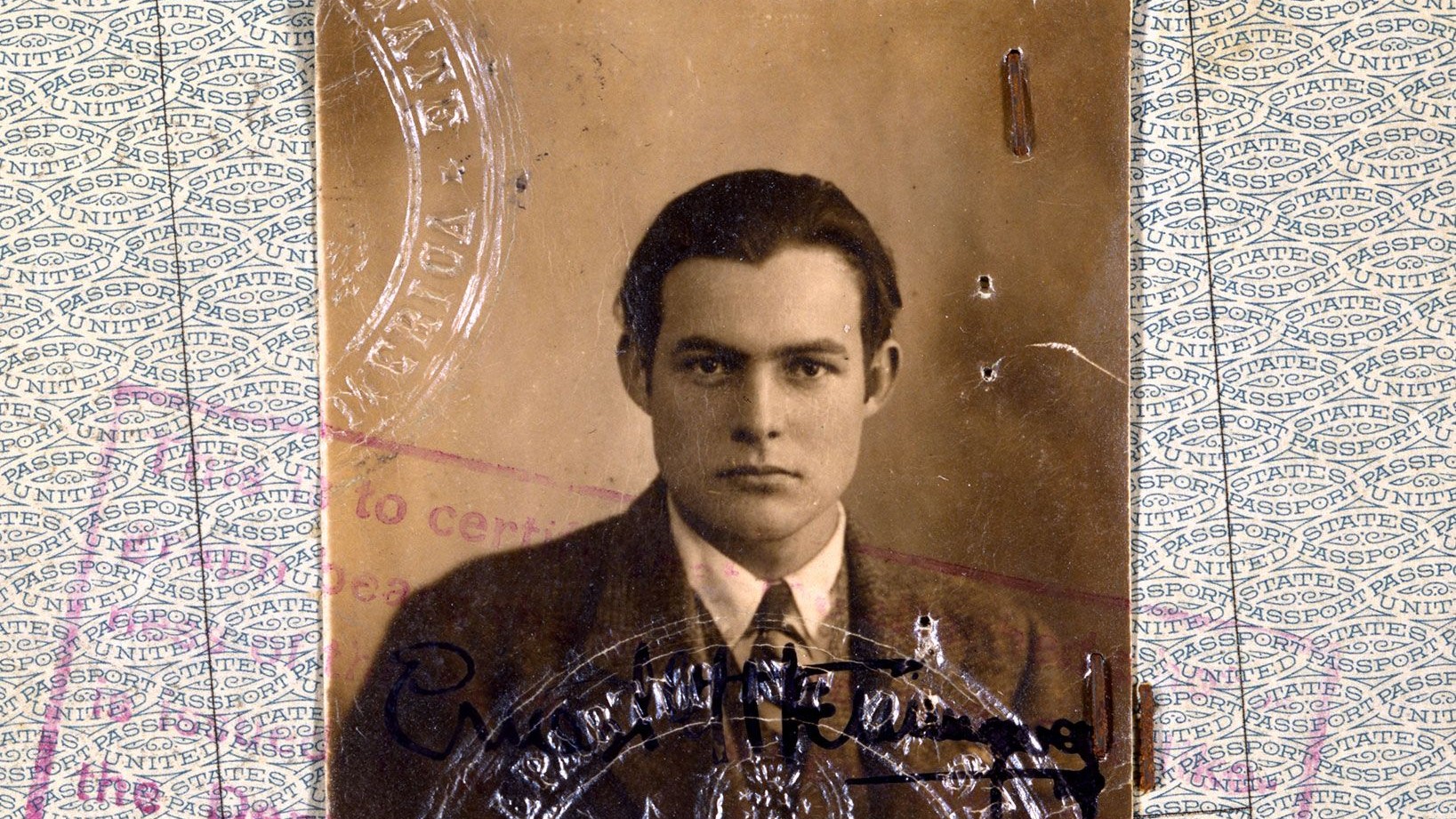The 2 pitfalls of love, according to Simone de Beauvoir

- For the philosopher Simone de Beauvoir, love is a complex and difficult relationship to manage. It risks two major problems.
- On the one hand, it reduces a partner to an object to display or carry around. A relationship is treated little more than a trinket to flaunt or an achievement on a resume.
- On the other, people will surrender their independent personhood to love. They see themselves as incomplete or broken, imagining that only love will fix them.
Evie is lonely. Every day, she goes to work where she talks to only a few people — and only with the forced, hollow politeness reserved for “colleagues.” She goes home to eat a microwave meal for one and sits in the corner of a family-sized sofa. She brushes her teeth, staring at her reflection, and then climbs into the same side of the bed as always. The last thing she sees at night is the three-foot space of undisturbed emptiness where no one else will sleep.
Then she meets Adam. He is charismatic, intelligent, and kind. The two start dating, and soon things get serious. One day, as Evie lies in her no-longer-empty bed, staring into Adam’s eyes with the saccharine intensity of a Mills & Boon novel, she says the lines: “Adam, I need you. I can’t imagine living without you. You complete me.”
Somewhere in the philosophical ether, the 20th-century French philosopher Simone de Beauvoir is giving her most gallic of disapproving tuts.
When love is a weekend hobby
Love is a dangerous thing, and it needs very careful handling. We’re taught, today, that love is everything. We’re fed a diet of doe-eyed romance and we drown in a popular culture obsessed with “true love.” Rarely do we step back and appraise what love is and what it does.
But Simone de Beauvoir did. The philosopher saw love as a tightrope walk between two traps.
On one side, we have a “love” of domination, control, and ownership. For De Beauvoir, this is often how men view “their” women (although it could, of course, be anyone). For these people, love is a kind of business. It is a necessary part of life to get in order. A spouse is a nice thing, but they exist subordinately to work or facilitate social life. These kinds of people will retain their independence as the “sovereign subject” while expecting unwavering devotion from their partner. For them, love is not something one enters into; rather, it’s something kept forever at arm’s distance, perhaps not even seen as important at all.
With this kind of love, it’s all about ego and vanity, lacking any of the respect necessary for love. The relationship is one of ownership.
When love is all there is to life
On the other hand, there’s the equally problematic love of sacrificial self-abnegation. This is when someone surrenders themselves to their partner, or they live worshipping the idea of love. This kind of love demands a total reorientation of your personality toward someone else. The self is defined by the relationship. De Beauvoir argued this is mostly true for women in relationships, writing that it is “in man’s eyes that the woman believes she has at last found herself.”
In our hypothetical story, Evie throws herself into a relationship with Adam because she is incomplete in herself. The expression “you complete me” is dangerous because it means that Evie stops trying to be her own person. The love of self-abnegation effectively ends a person’s independent capacity to choose — and they become, instead, a feature of someone else’s life. And so, they will do only what their partner wants. They will see only his friends and his family. They will treat him as the magnetic pole around which everything turns.
De Beauvoir was an existentialist who argued that an authentic, meaningful life is measured by choice. A human is someone who picks a path. If everything a person does or thinks is filtered first through the prism of someone else, they are not picking their own path. They are no longer a person but an appendage. They’ve made themselves an object.
The good kind of love
According to de Beauvoir, love is neither domination nor dissolution. It’s a partnership. If you love someone, you love them as an independent whole. You do not love them insofar as they can be directed or how good they look on your arm. You do not love someone for what they could be or what you want them to be. Likewise, love is not meant to fix problems in your life. Some people see love as a cure-all; they see themselves as broken, incomplete, or forever unhappy unless they have love.
Authentic love is a reciprocal appreciation of one another. It’s not control, and it’s not self-sacrifice, but rather it is the meeting of two equal and independent minds. It’s recognizing that the other is their own person. It’s seeking what’s best for them, while never trying to mold or control them. As the writer Antoine de Saint-Exupéry put it, “Love does not consist of gazing at each other, but in looking outward together in the same direction.”





